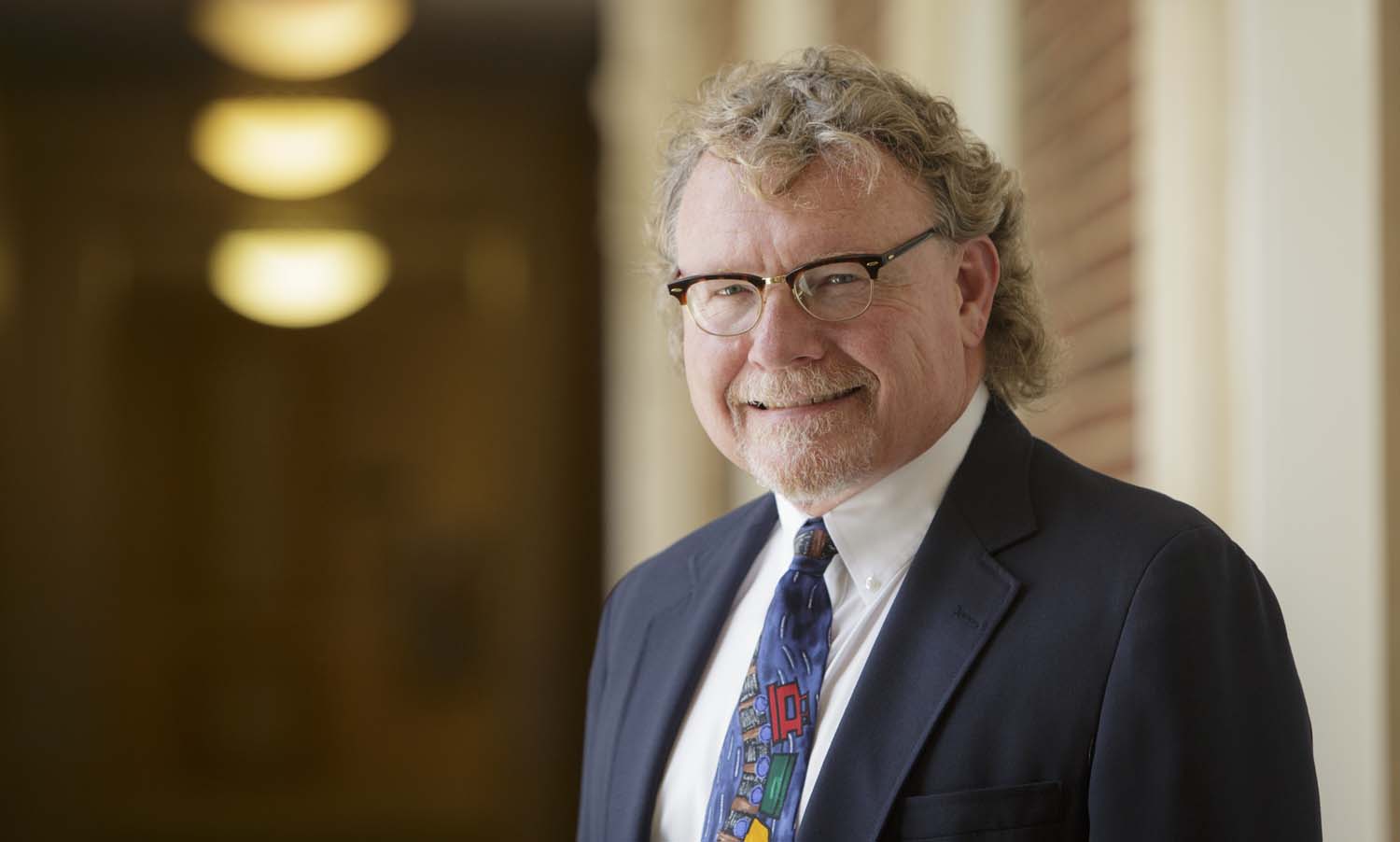Oklahoma State University psychology professor Dr. Larry Mullins and his colleagues are developing an app to aid parents of children with cancer or other chronic diseases. Mullins, who serves as the Associate Dean for Research for the College of Arts and Sciences at OSU, landed a $3 million National Institute of Health (NIH) grant last year to take on the project with former OSU student and current associate professor of psychology at the Universty of Cincinnati, Dr. Ahna L. Pai.
“The trend in intervention research is going electronic,” Mullins says. “We see more and more e-health and mobile health delivery systems, even within my sub-specialty of pediatric psychology.”
Learning a child has cancer is traumatic enough. Factor in intensive – and expensive - treatment that may last up to three years or more and it is easy to see how parents could become overwhelmed. The app aims to alleviate some of that stress by making a large amount of information easily accessible through mobile phones, tablets, or other devices.
The online portal will contain information about the actual intervention itself, such as a module on how to communicate with health professionals about a child’s illness. It will also have a listing of resources in the community, a built-in journaling component, a personal rating scale for tracking moods and feelings, and a calendar of clinical appointments.
With development of the app nearing completion, the next step is to test it. Participants will be randomly assigned to one of two groups: psychosocial intervention versus education and support alone.
“The common theme is, ‘How do you deal with the uncertainty of having a child diagnosed with cancer?’” Mullins says. 
Electronic delivery could be especially important in rural states like Oklahoma, where the average distance patients with cancer travel to a specialist is 92 miles.
“These kids are often so far from the specialty centers,” Mullins notes. “If we can deliver some of the information electronically, it saves on hospital and clinic visits.”
The NIH grant supports two more years of research and development. During that time, Mullins and Pai intend to refine the app based on extensive research with those whom it is built to serve and they will also provide training for health professionals. The bulk of the work will be conducted at the University of Cincinnati Children’s Hospital Medical Center and the Children’s Hospital at the University of Oklahoma Health Sciences Center.
